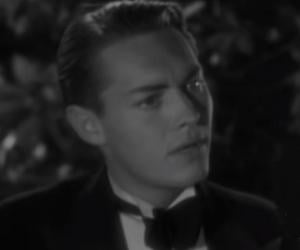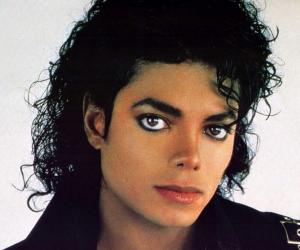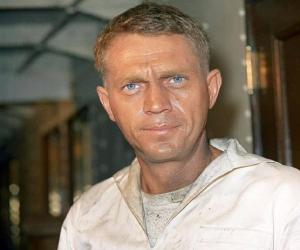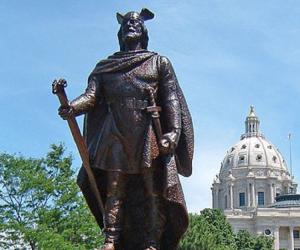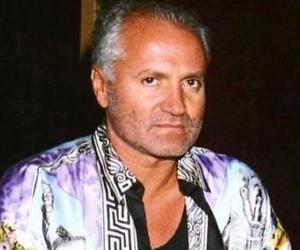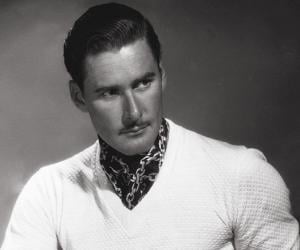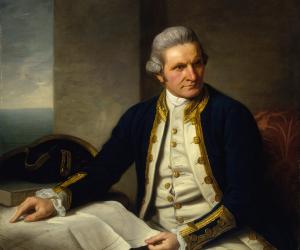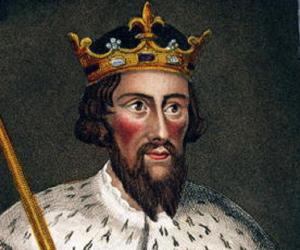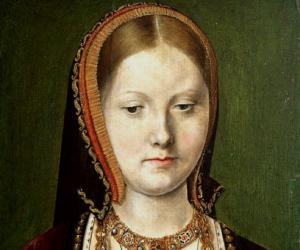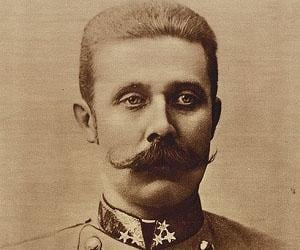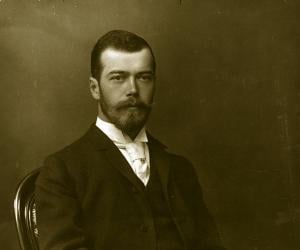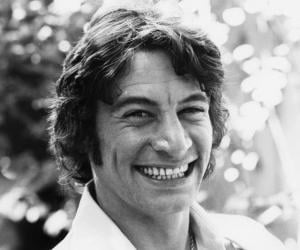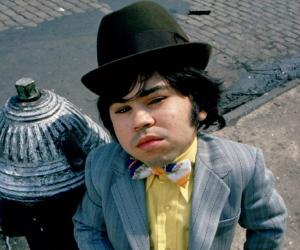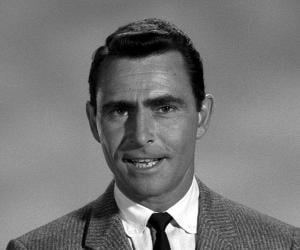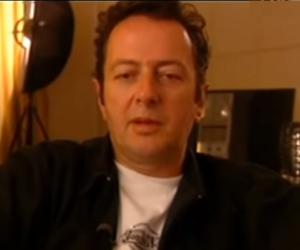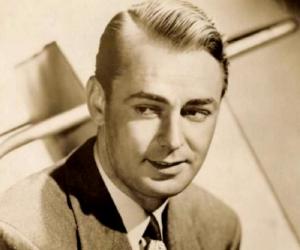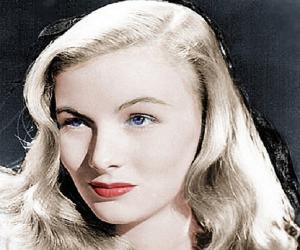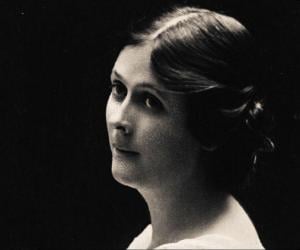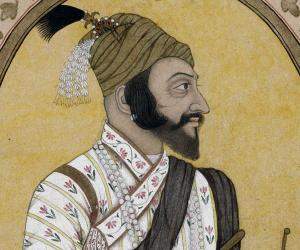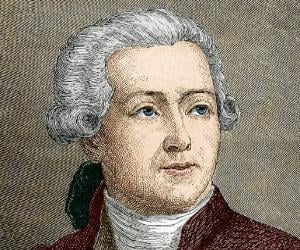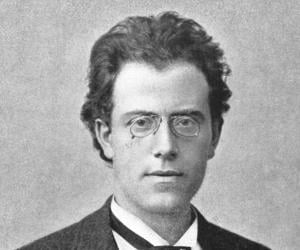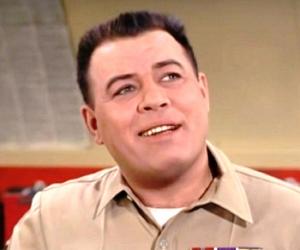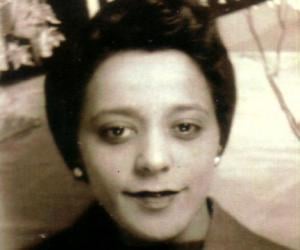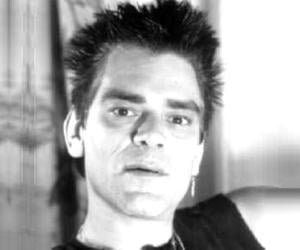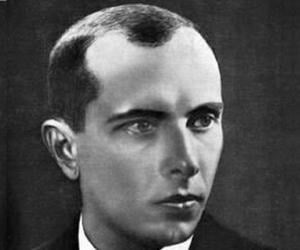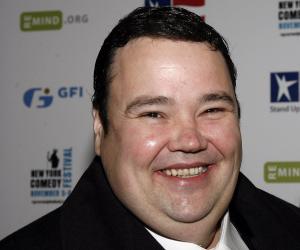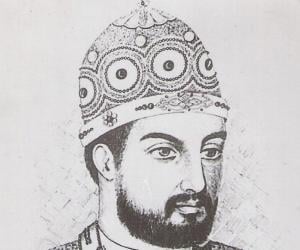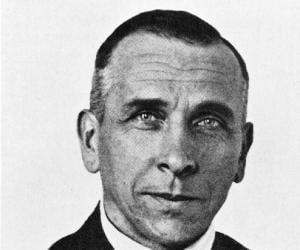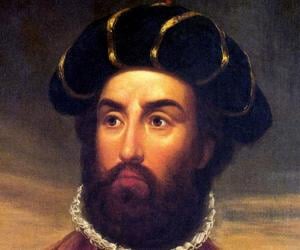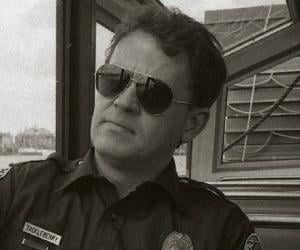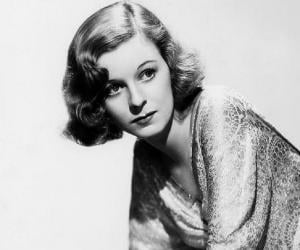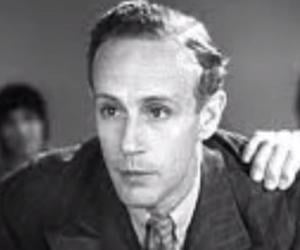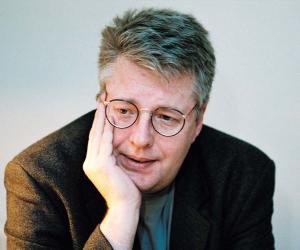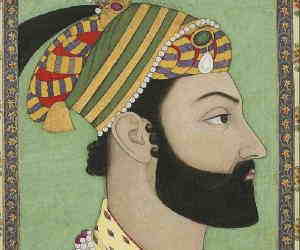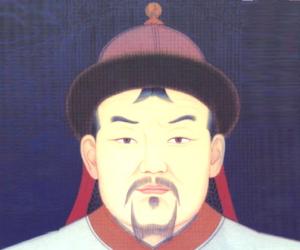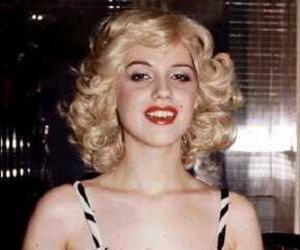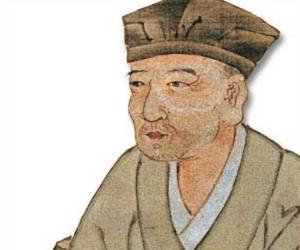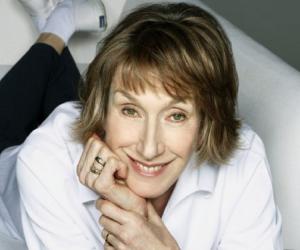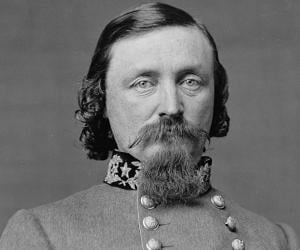The King of Pop and an international superstar, Michael Jackson was a musical entertainer whose work – both with Jackson 5 and solo – won accolades and hearts worldwide. Equally popular were his unique dance moves that created sensation and shaped future dance styles. Amongst the most successful entertainers of all time, Jackson was later accused of child molestation.
Dubbed the King of Cool, Steve McQueen was an American actor known for his antihero persona. He was one of the most bankable stars during the 1960s and 1970s. Renowned for performing many of his own stunts, McQueen remains a popular star. In the 2019 film Once Upon a Time in Hollywood, Steve McQueen was played by Damian Lewis.
Leif Erikson was a Norse explorer widely believed to have been one of the earliest Europeans to have set foot on North America, at least 500 years before Christopher Columbus. He is also credited with establishing a Norse settlement at coastal North America, as told in the sagas of Icelanders. He has been portrayed in films like The Viking (1928).
Regarded as the successor to Douglas Fairbanks, Errol Flynn was an Australian-born actor who gained recognition in the Golden Age of Hollywood mainly because of his romantic swashbuckler roles. He also achieved fame for his reputation as a womanizer and party animal in personal life. His career and life inspired several films, such as My Wicked, Wicked Ways and Flynn.
British explorer, navigator, and cartographer James Cook, who had also served the merchant navy and Royal Navy, was the first to complete an expedition around New Zealand. He explored areas in the South Pacific, such as eastern Australia and Hawaii. He was killed while trying to kidnap a Hawaiian king.
Alfred the Great, king of Wessex, cemented his place in history as a legendary ruler who led his kingdom to victory in wars that seemed hopeless. He is known for his brilliant strategies and defensive measures. He prevented England from falling to the Danes during his rule from circa 871 to 886. He’s also credited with promoting learning and literacy and curbing corruption.
Catherine of Aragon was one of the most popular English royal consorts of all time. A patron of Renaissance humanism, she gained widespread admiration for starting a program for the relief of the poor. A woman who was ahead of her time, Catherine commissioned The Education of a Christian Woman, a controversial book promoting women's right to education.
Nicholas II reigned as the last Emperor of All Russia from 1894 until his abdication in 1917. His reign oversaw a series of reforms in Russia. These reforms included the introduction of literacy programs, civil liberties, and methods to modernize the empire's infrastructure. However, these reforms were eventually undermined by Nicholas' love for autocratic rule.
French-American actor Hervé Villechaize is best remembered for playing the evil henchman in the James Bond film The Man with the Golden Gun. Born with dwarfism, he was bullied at school for his condition. After initially working as an artist, painter and photographer, he ventured into acting. He was popular and much loved by the audience.
Rod Serling was an American playwright, screenwriter, narrator, and television producer. One of the first writers to write specifically for television, Serling is often credited with legitimizing television drama. He is also credited with creating the much-acclaimed series The Twilight Zone. For his much-publicized clashes with TV executives, Serling was often referred to as the angry young man of Hollywood.

Isadora Duncan was a dancer acclaimed in USA, Europe, and the Soviet Union. Raised by a single mother, she grew up in poverty and started teaching dance to children to earn some money. She later joined Augustin Daly's theater company. Eventually, she opened her own dance schools to teach her unique philosophy and techniques to her students.
Shivaji was an Indian warrior-king. He is credited with founding the Maratha Empire, which became a force to reckon with during the 18th century. He is also credited with creating his own navy. Considered one of the most important Indian kings and a hero of the Hindus, Shivaji's life and work have inspired several works of art, including films.
Antoine Lavoisier was a French chemist and nobleman. He played a crucial role during the chemical revolution of the 18th-century. Widely regarded as the father of modern chemistry, Lavoisier had a major influence on the history of biology as well as the history of chemistry. He also helped build the metric system.
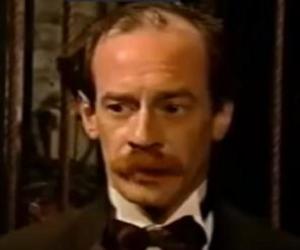
Austro-Bohemian Romantic composer and conductor Gustav Mahler symbolized the transition of 19th-century Austro-German music to early-20th-century modernism. His music was banned during the Nazi era but was rediscovered later. Famous for his Eighth Symphony, he had also been the director of the Hofoper (Vienna Court Opera).
Though born bi-racial, Viola Desmond became a Black icon for her business acumen. After not being allowed to train as a beautician in Halifax, she moved to Montreal. Her beauty products, salon, and training institute, all catering specifically to Black women, filled a major void in the beauty industry.
Douglas Glenn Colvin, or Dee Dee Ramone, was a co-founder, bassist, and singer of the punk rock band The Ramones. He had also written some of the band’s hits such as Wart Hog and Rockaway Beach. He had a lifelong struggle with heroin addiction and died of a drug overdose.
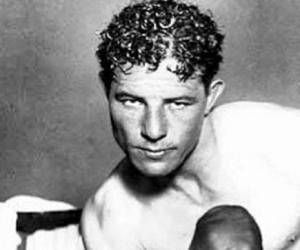
In the early 1900s, meteorologist Alfred Wegener did not find too many takers for his theory that all the continents of the world had initially been a single mass named Pangaea and that continental drift had caused them to split apart. Wegener died on his fourth expedition in Greenland.
Bartolomeu Dias was a nobleman of the Portuguese royal household in the 15th century. Famous as an explorer, he sailed around the southernmost tip of Africa and set up a route from Europe to Asia. He became the first European to anchor in Cape Good Hope, South Africa, during the Age of Discovery. He perished in 1500.

Arab Muslim army general Khalid ibn al-Walid had a prominent role in the the Ridda Wars against Arab rebels and in the campaigns in Sasanian Iraq and Byzantine Syria. He was a major figure in the Islamic expansion under the Prophet Muhammad and his successors, Abu Bakr and Umar.
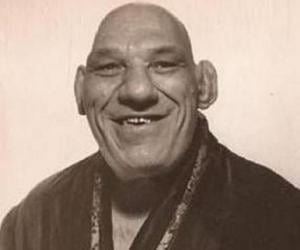
Maurice Tillet was a Russian professional wrestler. A two-time AWA World Heavyweight Champion, Tillet was a very successful and popular wrestler at that time. He even appeared as The Swedish Angel in the 1949 American fantasy film Mighty Joe Young. Maurice Tillet was posthumously inducted into the Professional Wrestling Hall of Fame in 2012.
Leslie Howard was an English actor, producer, and director. One of the biggest box-office draws during the 1930s, Howard is best remembered for portraying the quintessential Englishman in films like Berkeley Square and Pygmalion. Leslie Howard is also remembered for his performance in the 1939 epic historical romance film Gone with the Wind.
Stieg Larsson was a Swedish writer and journalist. He is best remembered for his Millennium trilogy of novels, which were adapted as three films in Sweden. After his sudden death, due to a heart attack, Stieg Larsson was posthumously honored with several awards, such as the Glass Key award, Galaxy British Book Award, and Anthony Award.
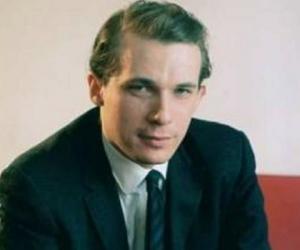
Glenn Gould was a Canadian classical pianist, counted among the most celebrated pianists of the 20th century. He was also an interpreter of the keyboard works of Johann Sebastian Bach. He was known for his remarkable technical proficiency and unorthodox musical interpretations. He was a writer and composer as well. The Glenn Gould Foundation was established in his honor.
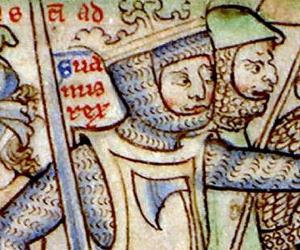

Möngke Khan reigned as the fourth khagan (emperor) of the Mongol Empire. He made several important reforms to improve the Mongol Empire's administration. Under his reign, the empire conquered Syria and Iraq and had conflicts with the Delhi Sultanate of India.
Basho was a Japanese poet of the Edo period. Regarded as the greatest master of haiku, Basho's poetry is read all over the world; many of his works have been translated into English. Such is his popularity that in 1979 a crater on planet Mercury was named after him by the International Astronomical Union.
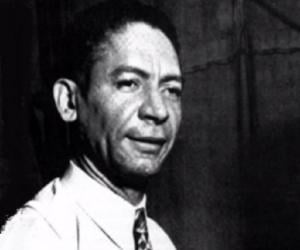
Socialite Barbara Daly Baekeland, former wife of Bakelite heir Brooks Baekeland, was killed by her son, Antony. She was apparently stabbed with a kitchen knife. Antony was found at the crime scene and confessed to the murder. She had reportedly tried treating Antony’s queer orientation and had even raped him.
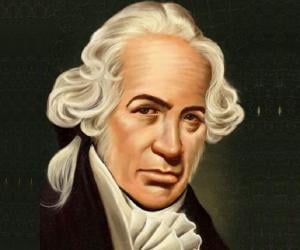
Daniel Gabriel Fahrenheit was a scientific instrument maker, inventor, and physicist. One of the most prominent and influential personalities of the Dutch Golden Age of science and technology, Fahrenheit is credited with many important inventions, including the mercury-in-glass thermometer and Fahrenheit scale. His inventions helped shape the history of thermometry.
